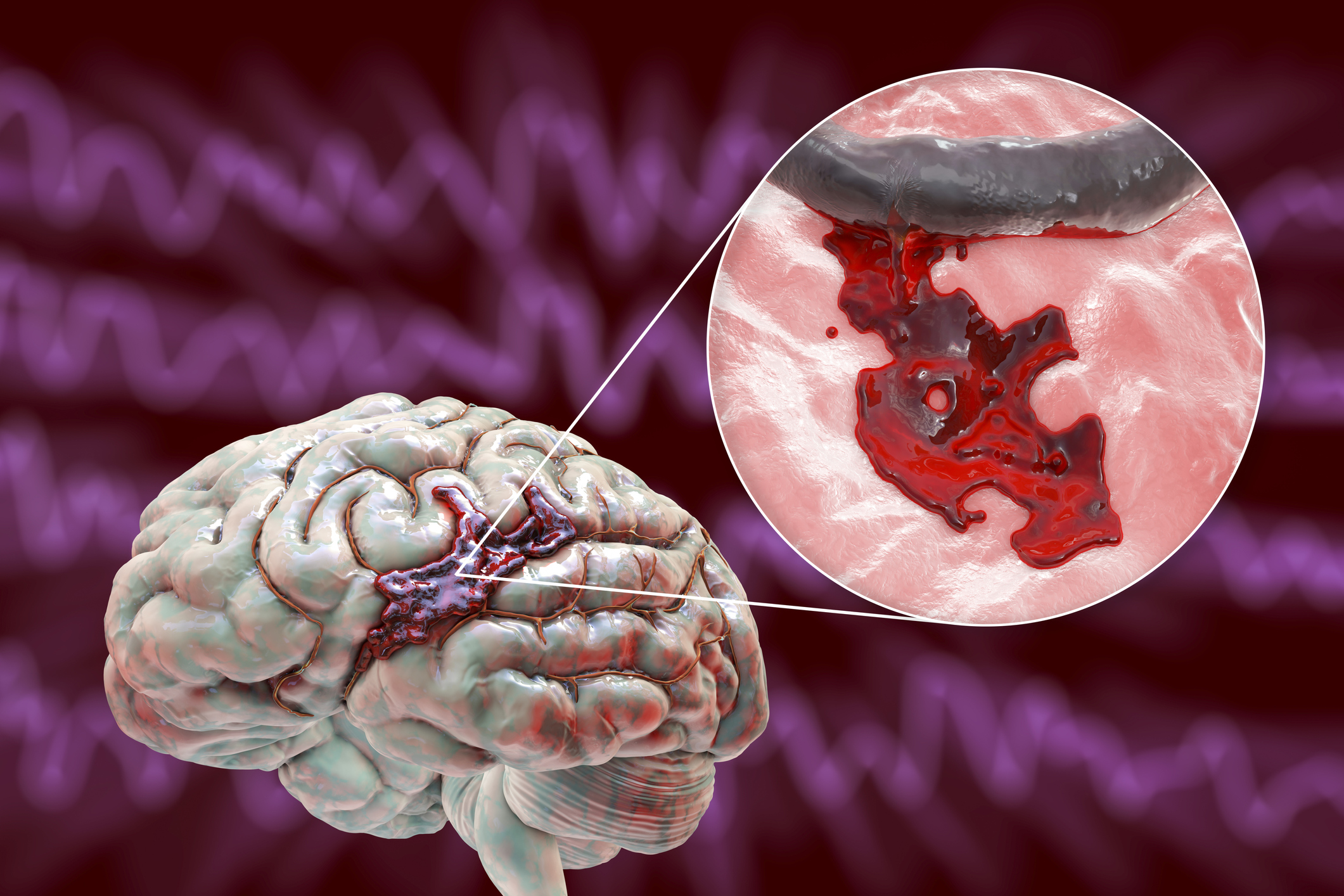For healthy adults without heart disease, taking a daily low dose of aspirin is generally not recommended as the “blood thinning” properties of aspirin that can prevent clots from forming, can also put people at risk for stomach irritation, ulcers, and bleeding. A new study has also found that a regular low-dose aspirin regime can increase the risk of brain bleeds in older adults.
Not long ago, it was common for older adults to be advised to take low-dose aspirin daily to reduce their risk for stroke and heart attack. More recently, research has shown that the risks may outweigh the benefits of such a regime for otherwise healthy older adults without a history of heart attack or stroke.
The latest research, a secondary analysis of a clinical trial of 19,114 older adults, found a 38 percent increase in intracranial bleeding among study participants taking daily low-dose aspirin compared with those on a placebo. Additionally, the aspirin regime did not significantly reduce the incidence of ischemic stroke.
Because older adults are more likely to suffer falls and other accidents that may cause head trauma, the risk of developing intracranial bleeding is a serious concern. Intracranial hemorrhage (brain bleeding) can lead to hospitalization, long hospital stays, surgery or death. The takeaway from this newer research is that low-dose aspirin should not be prescribed or started for primary stroke or heart attack prevention in healthy older adults. If you have a history of stroke or heart disease and have been prescribed low-dose aspirin, talk first with your doctor before stopping any medication regime. Aspirin should be taken under medical supervision, with proper consideration for risks and benefits for each individual.
The United States Preventive Services Task Force recommends against initiating low-dose aspirin use for the primary prevention of cardiovascular disease in adults over the age of 60.






Add Your Voice
0 Comments
Join the Discussion